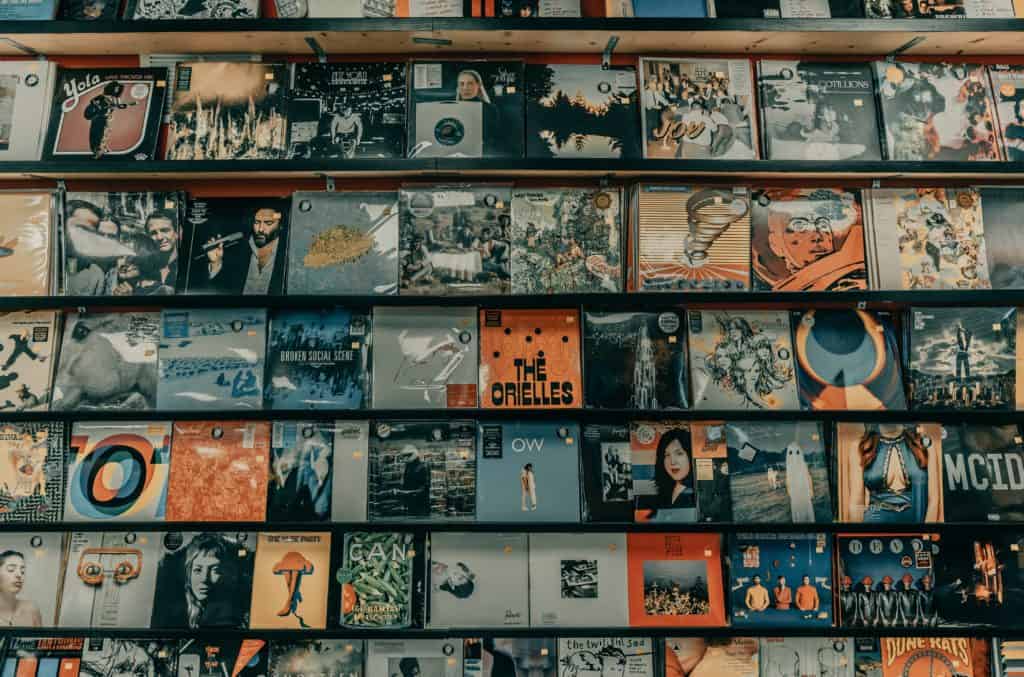
Music albums as well as compilations are a huge part of the industry and they constitute full artist packages that are delivered to the masses for consumption via listening.
I’ve come across a lot of submissions labelled either “album” or “compilation” and most people get confused and do not know the actual difference between the two. So I sat down and put together a full vivid description to give you a full glimpse into this topic.
So then, what is the difference between an album and a compilation?
An album is a collection of NEW, original and well crafted songs put together to form a meaningful work of art. A compilation on the other hand is usually made up of previously released songs that are compiled.
Songs on compilations could be album left overs, uncleared songs, previously released music looking to be re-branded and re-presented to an audience. etc
Now that we have a brief understanding of this let’s dig deeper into this topic.
Conceptual Design of an Album
Albums unlike compilation have well thought out concepts and not released as easily as compilations.
Music is an art just like any other type of art; musical albums do serve a very key function which is portraying a work of art vividly.
With an album, a musician conceptualizes an idea into a full blown project with which fans and listeners can easily relate to.
A lot of thought goes into the actual making of the album because it has to be good enough to keep fans coming back for more.
Musicians that are signed to record labels will work within creative bounds with the help of analytics.
Which means the album they create will be something that the fans actually want because of the data collected about the overall audience and their reception of the music.
With compilations, it’s all about releasing music that may have been left off certain projects or was previously released. There’s usually have very little planning or forecasting of any sort.
Compilations are usually put together to give fans something to listen to.
Back in the day, we had compilations of “greatest hits” which pretty served fans with the hit songs of the artist drawn from different albums.
This allowed people to listen to these greatest hits without having to go and actually look for every specific and individual album and single out these tracks.
Compilations actually worked very well back then when things like storing music on computers or streaming platforms weren’t available to give the listener access to hundreds of thousands of songs.
Profit Motive
With albums, the main essential goal besides creating a body of work is usually to sell it at the end of the day.
Which is why a lot of effort goes into its creation. With compilations, it’s not always about the money, its more to do with providing content to the audience.
Compilation projects like mixtapes usually represent a lot of songs that could not be used on albums either because they didn’t make the final cut or some issues lead to them being left out. The most common issue in genres like hiphop is sample clearance.
Sometimes clearing samples can prove to be difficult due to the fact that the owners of the original composition could be unwilling to let their music be used or it could be that the owners of the said composition could be difficult to find. This is common for records that were released a long time ago.
This therefore leads to the songs created with samples to be put on a compilation that isn’t meant to be sold or monetized in anyway. Such that, no copyright infringement would arise.
Communicating a message
Albums being the conceptual body of works they are, are created to push and provide context.
This means an album will usually have a narrative that is conceptual. For example, the hiphop artist Kendrick Lamar has an album called “Good Kid, Maad City”.
The albums context is to basically give details into the life of a young man that came from the projects, detailing everything he went through.
That project is precisely story-lined in a way that gives the audience a sort of journey into the life of a young man being raised in Compton.
With this as an example, we can basically figure out that albums are bodies of work usually with a narrative embed in each individual song.
Albums at the end of the day are just a product. Which is why artists take their time in crafting them because they aim to create as much value as they can.
To ensure some actual sales and having a product that is easy to market.
Branding
One of the key things to understand about music albums is that they are, by design, meant to be in line with the brand for commercial purposes.
Depending on who the artist is, this will obviously differ, but the goal will be to have the album fall within the bounds of the branding being pushed.
Most compilations have very little care for things like branding.
In most cases they are put together to simply appeal to the audience of the artist or simply re brand already existing material.
For example, mixtapes are a great example of compilations. In hiphop, artists usually release mix-tapes before albums.
Mix-tape compilations serves as a good technique to give the listeners something to listen to before actually releasing their album…. and it further provides the raw uncut music that is intentionally left off albums because it is meant for core fans and not the commercial audience.